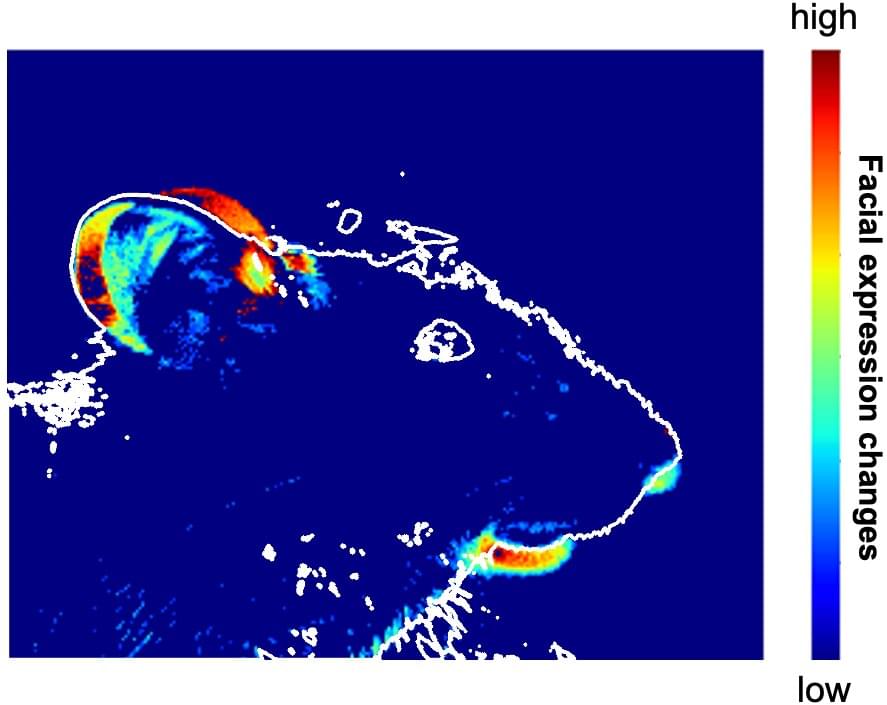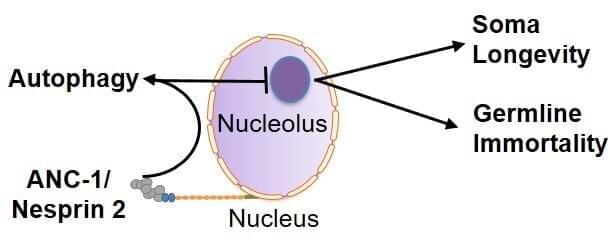India’s space program is still in its early stages but has been making global headlines in recent years after ISRO’s launch vehicle launched a record-breaking 104 satellites in one go a few years ago. More recently, a private space tech company test-fired the world’s first 3D-printed rocket engine, which has a turnaround of just four days.
The next phase of the country’s space story includes human space flight, which was announced in 2018 and expected to be launched this year, coinciding with the 75th year of Indian independence. However, the COVID-19 pandemic threw a spanner in the works delaying the project by two years.





